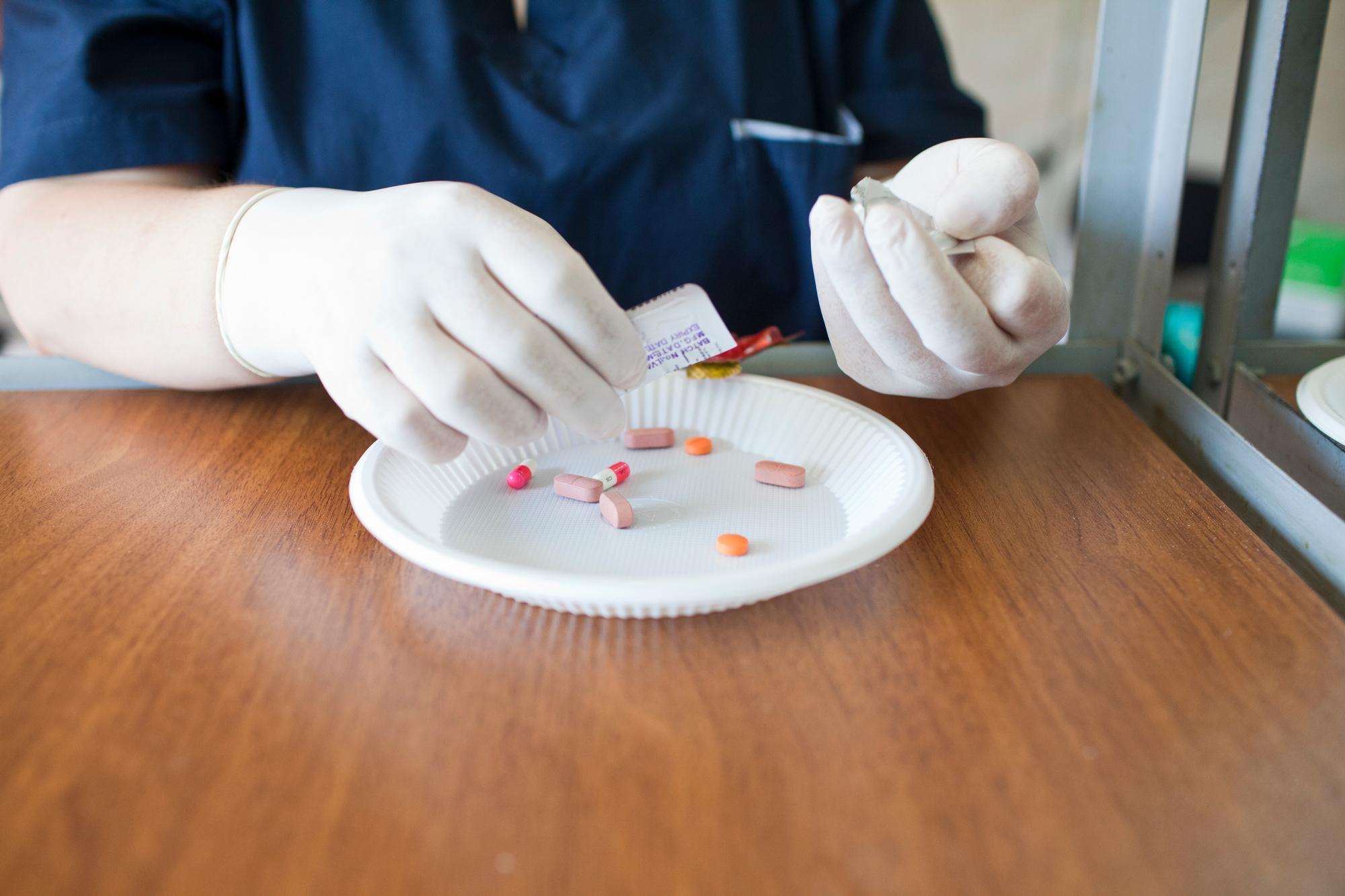Innovative tuberculosis trial starts in Sindh province, Pakistan | MSF - Médecins Sans Frontières (MSF) International

Karachi/Paris – Médecins Sans Frontières and Interactive Research and Development (IRD) have announced the start of a clinical trial in Pakistan that aims to find better, shorter treatments against multidrug-resistant forms of tuberculosis (MDR-TB).
The endTB trial is a phase III randomized controlled trial comparing five new treatment regimens against MDR-TB which contain two of the three new tuberculosis (TB) drugs developed in recent years, bedaquiline and delamanid, in combination with other existing oral TB drugs.
A related, parallel trial, called endTB-Q, will evaluate a sixth treatment combination and two different treatment durations, to be used against forms of MDR-TB which are also resistant to fluoroquinolones, a group of antibiotics used as so-called ‘second-line’ drugs in the treatment of TB.
Together, the two trials will identify the most effective and less toxic all-oral, shorter (between six and nine months) treatment regimens against the deadliest forms of TB.
Between its start in March 2017 and the end of September 2019, 344 patients have already been enrolled in the endTB trial across five countries, namely Georgia, Kazakhstan, Lesotho, Peru and South Africa.
Tuberculosis (TB) is the deadliest infectious disease worldwide, with an estimated 1.5 million deaths each year, according to the World Health Organization.
MDR-TB represents a particularly deadly form of the disease. Its treatment requires combining at least four effective drugs for up to 24 months – the length and toxicity of which are often hard to manage. In 2018, only one out of three patients was put under an effective treatment, and among those who were, only half were cured.<a href="https://ift.tt/2N3fNO9> WHO Tuberculosis Fact Sheet 2018</a>
https://ift.tt/2NxkEX9


Comments
Post a Comment